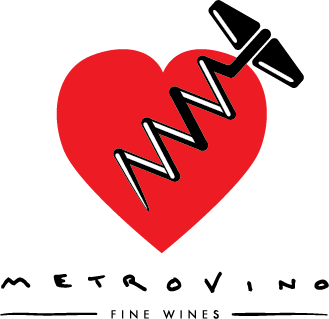by Al Drinkle
The possible existence of a radical school of ancient Chinese poetry was recently brought to my attention. The idea is that even when poetry is reduced to imagistic references, and in ancient China this would typically be in regards to nature, applying words or symbols causes what David Hinton calls a “breach between consciousness and landscape".* So a revisionist style emerged in an attempt to transcend this metaphysical disconnect.
Early semantic rebels—such as Meng Hao-jan, who would burn his poems, or Han Shan, who wrote on rock walls with water-soluble ink—attempted to free themselves from linguistic shackles by purposefully creating “disposable” poetry so that their words would eventually give way to purer insight. But Hinton romantically proposes that in an attempt to seamlessly weave their voices within the “silence of occurrence itself”, other forgotten poets must have taken an even more assertive stance against words.
Perhaps a recluse mountain poet collected idiosyncratic leaves throughout the autumn, only to release them on the perfect blustery winter day when they would etch their meaning into the canvas of recent snow. Another might have inscribed the rising and falling of thoughts on silk flags, loose in weave to a precarious degree. The poetry would then be edited by the wind as it slowly reduced the flags to mere strands. Finally, one of the greatest undocumented poets would mend the breach between consciousness and landscape by inscribing her poems with a stick in the flowing waters of a nearby river. These fleeting scrawls masterfully captured the rhythms of universal consciousness.
Richard and I have been experimenting with this artistic style, specifically exploring the ways in which it might be applied to the increasingly fatuous and reprehensible discipline that is wine writing. Despite the impossibility of sharing the results, we’ve found the pursuit to be intrinsically satisfying. So we’ll continue with these emails, but please take comfort in knowing that the weeks that you receive nothing from us belies us at our most prolific, expressive and transcendental.
*This, and much of what follows, is from David Hinton’s Hunger Mountain.

